PATROL - VOLUME 21
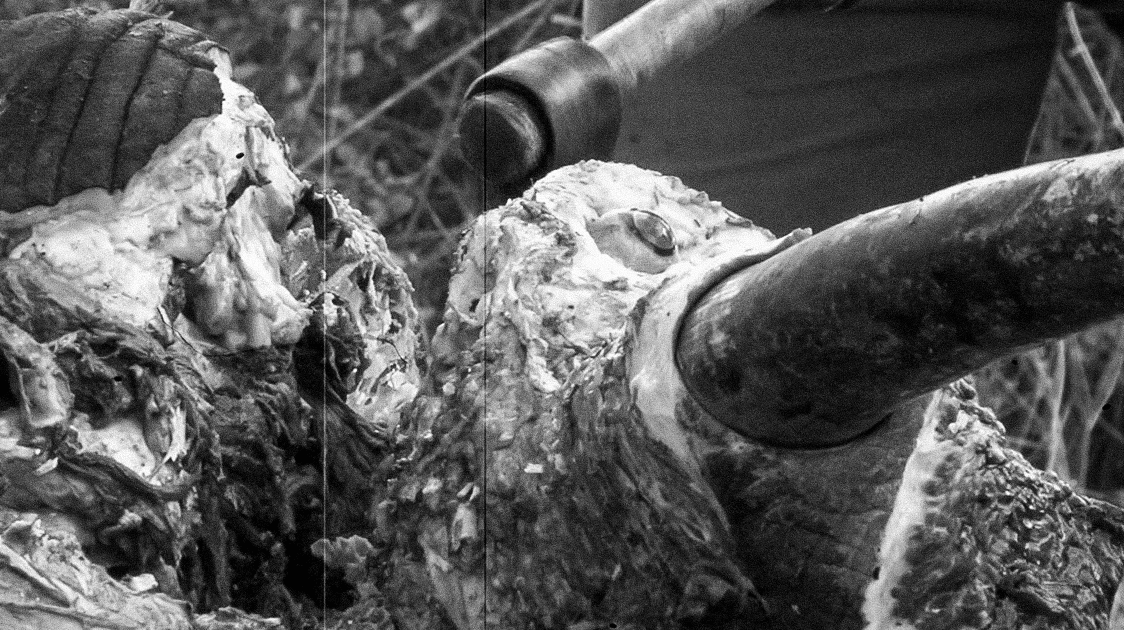
Kenya’s Dirty Little Secret
The insidious propaganda that safari hunting in Kenya was closed because it was decimating the wildlife populations was perpetuated by animal rights activists and NGOs to the point where it was accepted as the truth by the public. But nothing could be further from the reality.
In the early 1970s, elephant poaching across the country exploded, and safari hunters who were on the ground confronted it daily.
The chairman of the East African Hunters Association first reported the problem to the Kenyan Government in 1973, which promptly shut down the legal safari hunting of elephants. The association then commissioned Ian Parker, an ex-warden of Kenya Parks and an expert in the ivory trade, to investigate. Parker named his report "Ebur", the Latin name for ivory.
The report was given to the U.S. Embassy and the British High Commission, both of which wanted nothing to do with it. The British High Commission attempted to discredit Parker by calling him a fanatic and a hunter, which he was not; he was an ex-game warden.
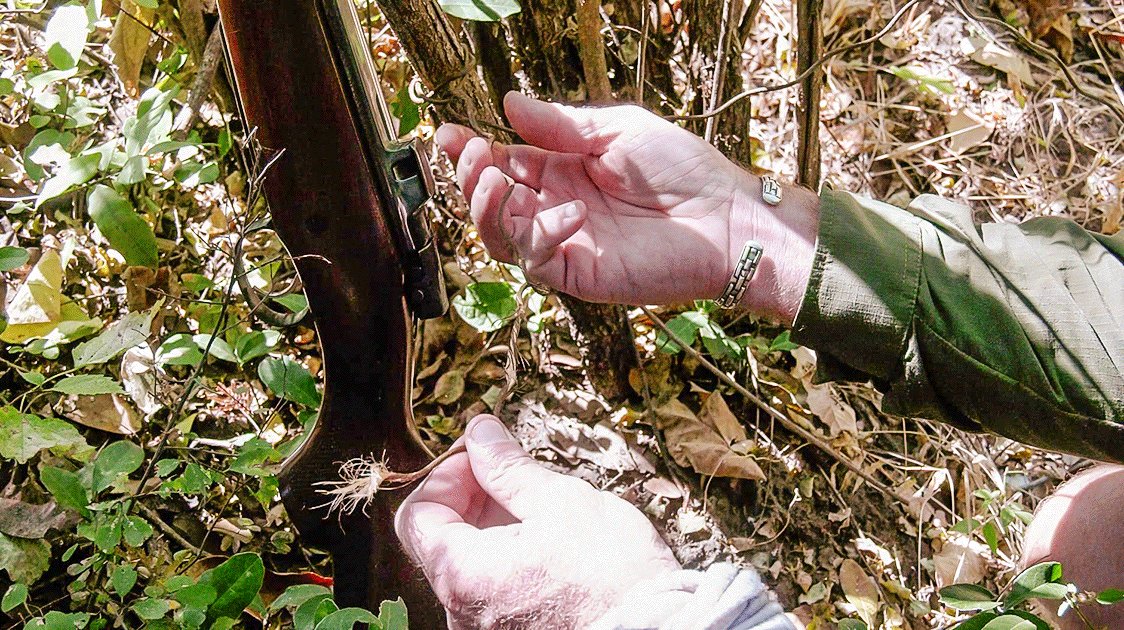
Poaching Corridors (7-minute Video)
Poachers based on the Zambian side of the Zambezi River upstream of Victoria Falls can easily monitor buffalo movement on the Zimbabwean side. As the herds move back and forth from the river to drink, the poachers can get ahead and lay their snares across established corridors.
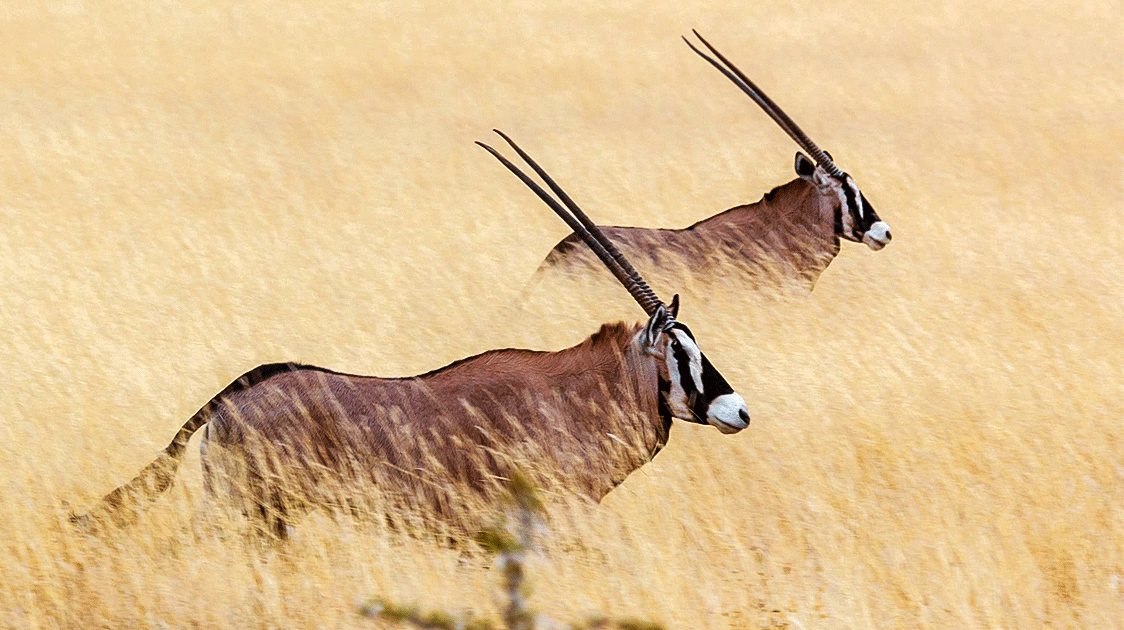
Burping Cows or Free-Range Wildlife?
Wildlife utilization is an integral part of the Namibian economy. There would be no reason to keep the wildlife if it had no tangible value.
It boils down to land use, cows and plows, if not wildlife.
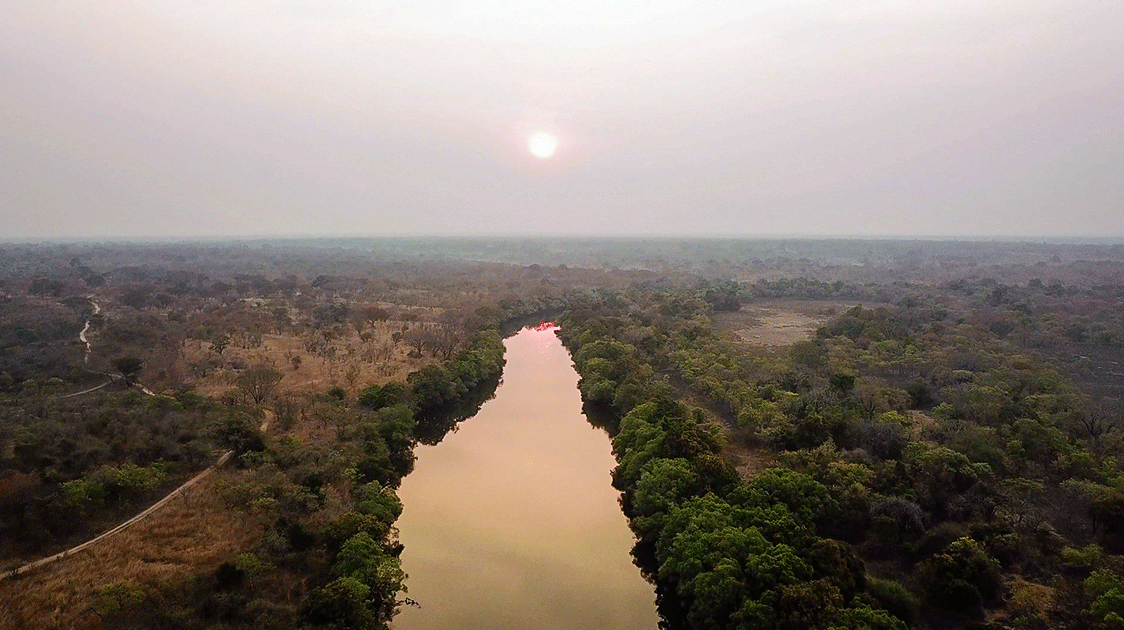
Tools of the Poaching Trade: Whip-snares (5-minute Video)
Fico Vidale comes from a hunting family; his father was a professional crocodile hunter. Fico runs his safari hunting company in the Lunga Busanga Game Management Area, which borders the Kafue National Park in Zambia.
Fico spends a lot of time and money on community upliftment and engagement, and one of the projects is beekeeping. The idea is to educate the area's people about the dangers of habitat destruction, such as cutting down trees to harvest a few pounds of honey.

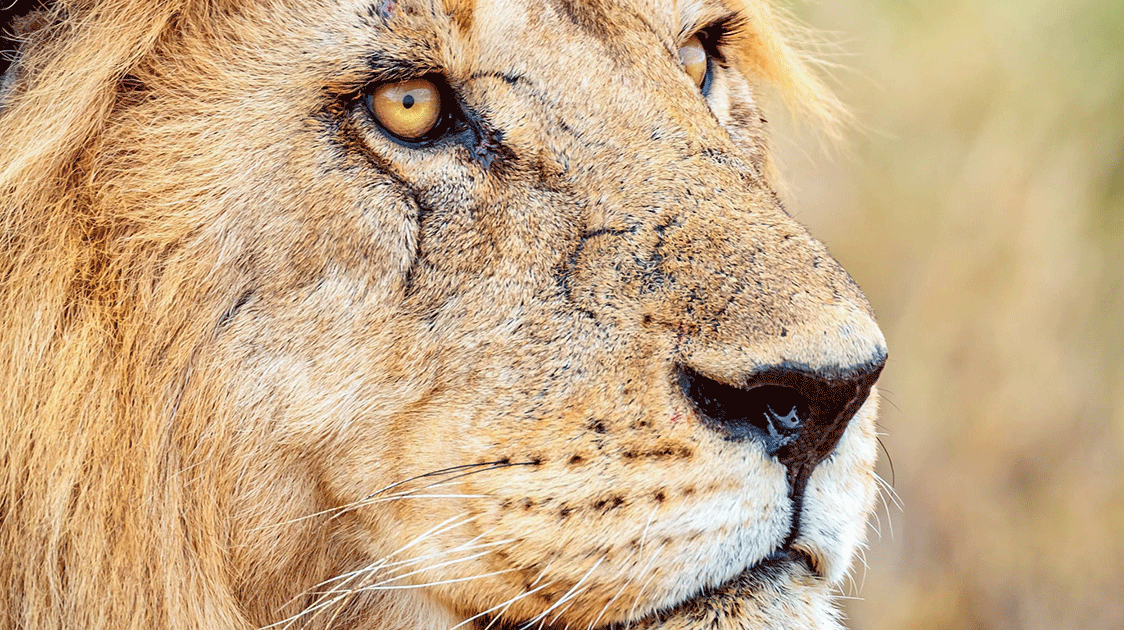
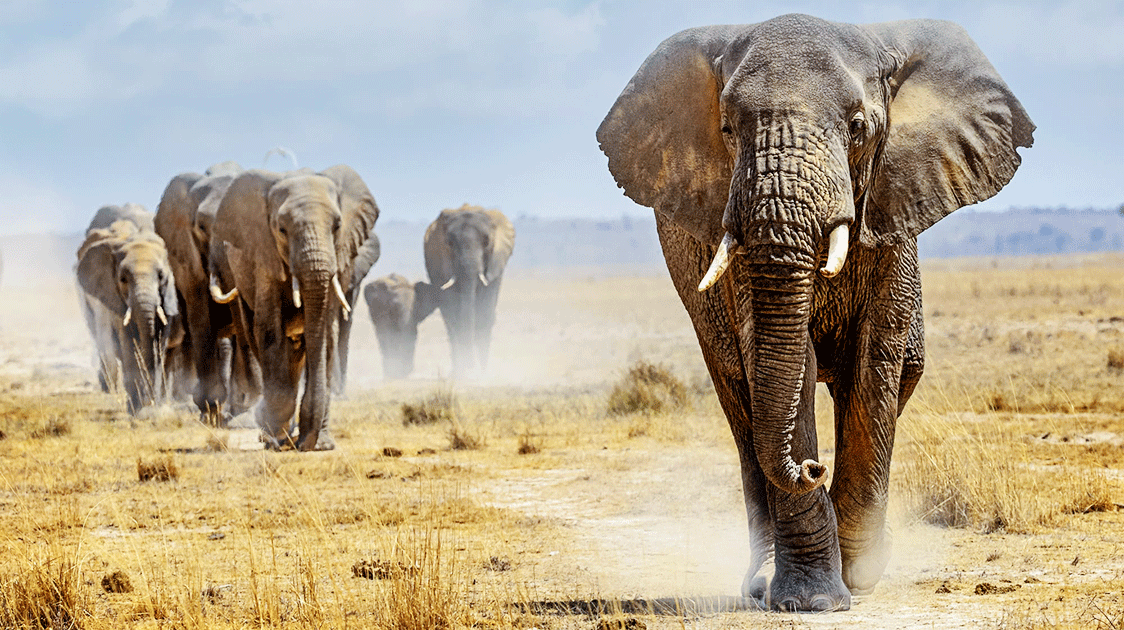
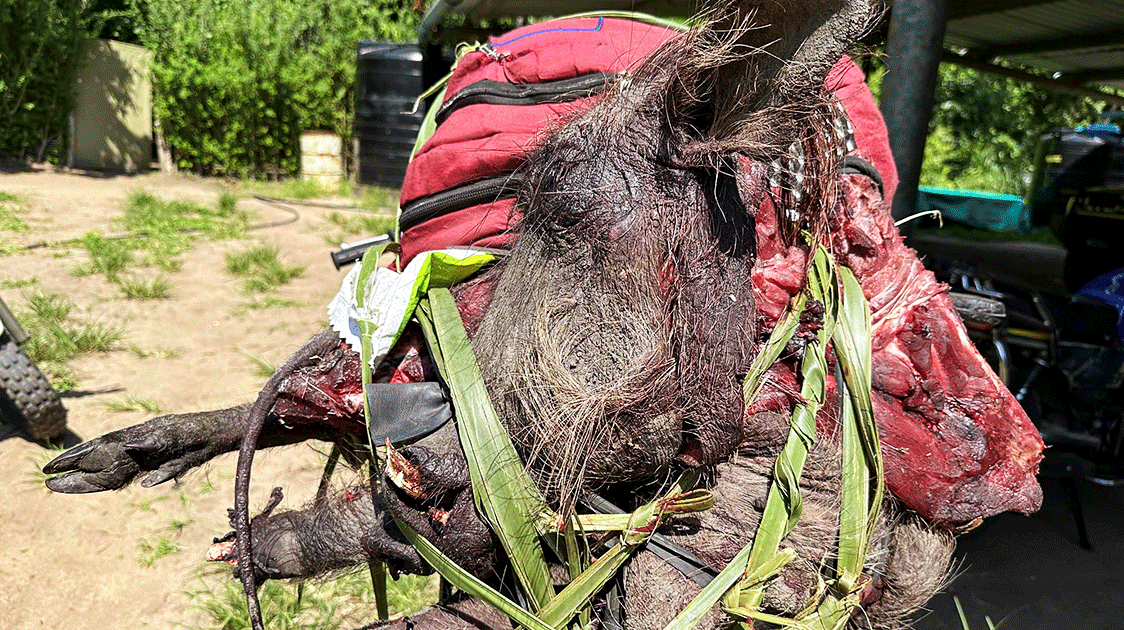
Comments ()